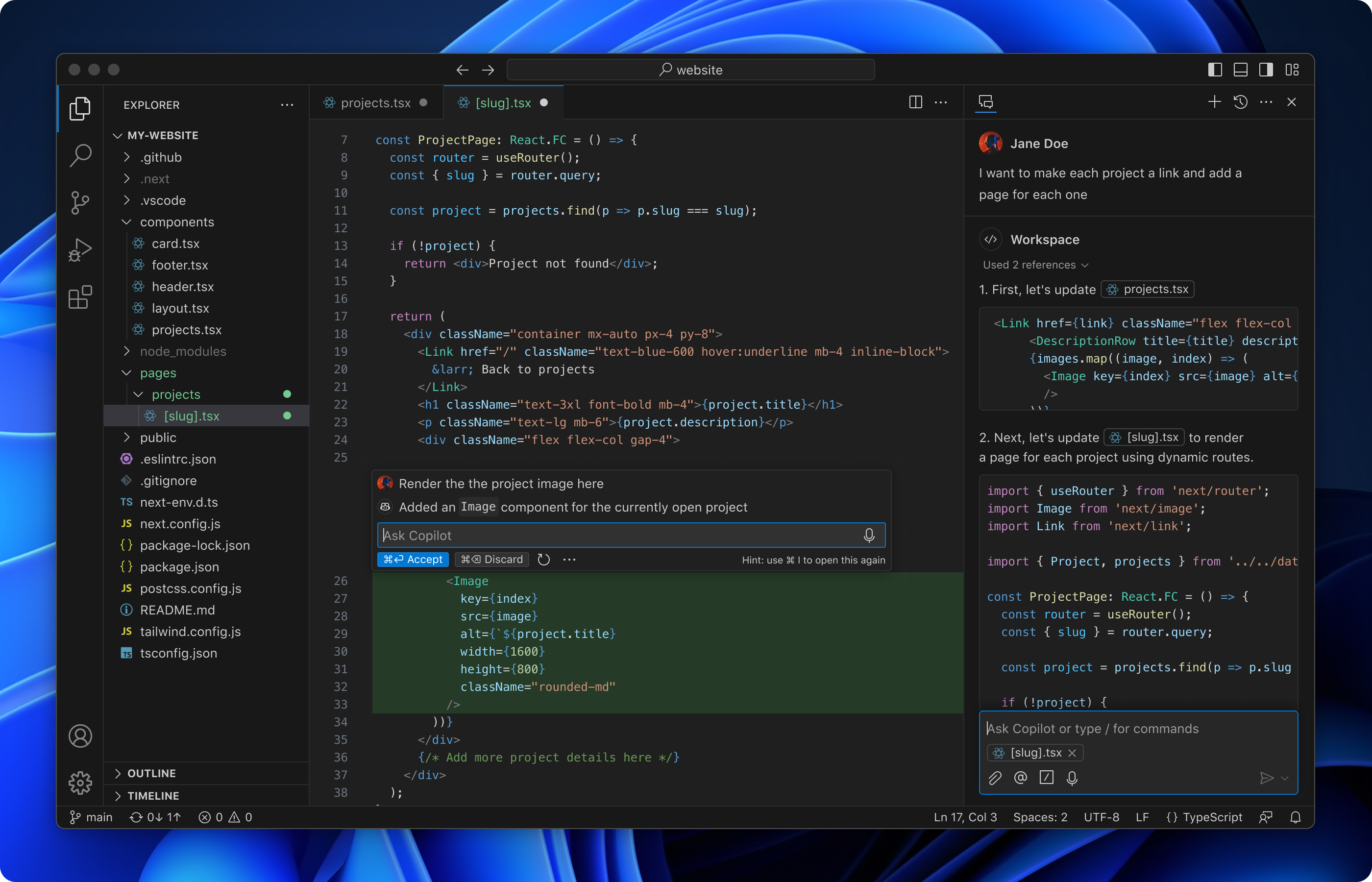Aladingsc Insights
Your go-to source for trending news and informative guides.
Coding Software: Where Bugs Meet Their Match
Unleash your coding skills and conquer bugs! Discover expert tips and tricks to troubleshoot your software like a pro.
Top 5 Debugging Techniques Every Programmer Should Know
Debugging is an essential skill for every programmer, as it can significantly impact the quality and performance of the code. Here are the Top 5 Debugging Techniques Every Programmer Should Know:
- Print Debugging: A classic approach where you insert print statements into your code to track the flow of execution and identify variables’ values. This method is straightforward and often yields quick insights into the code's behavior.
- Integrated Debugging Tools: Most modern development environments come with built-in debugging tools. Utilizing breakpoints, step execution, and variable watches can help isolate issues efficiently.
- Unit Testing: Writing unit tests for your code allows you to automatically verify whether individual components work as intended. It can save you time in the long run by catching errors early.
- Rubber Duck Debugging: Explaining your code out loud, even to an inanimate object like a rubber duck, can help you articulate your thought process and uncover mistakes you might not otherwise see.
- Code Reviews: Collaborating with peers during code reviews can provide fresh perspectives. Other programmers might spot errors you’ve missed and offer insights for improvement.

What Makes a Good Coding Software? Key Features to Look For
When choosing the right coding software, several key features can significantly enhance your development experience. First and foremost, a user-friendly interface is essential; it allows both beginners and experienced coders to navigate the software effortlessly. Additionally, support for multiple programming languages is crucial, enabling flexibility in your projects. Integrations with version control systems, like Git, can streamline collaborative efforts and project management, ensuring that teams can work seamlessly together.
Another vital aspect to consider is debugging tools. Effective debugging capabilities help identify and rectify errors quickly, thus increasing productivity. Furthermore, the availability of plugins or extensions can enhance functionality, allowing users to customize the software according to their specific needs. Lastly, good coding software should offer solid documentation and community support, as these resources are invaluable for troubleshooting and learning new features.
How to Effectively Track and Fix Bugs in Your Code
Effectively tracking and fixing bugs in your code is crucial to maintaining a high-quality software product. One of the most efficient strategies is to implement a robust bug tracking system. Begin by categorizing bugs based on their severity and complexity. Use tools like JIRA or Bugzilla to document each bug, assigning a unique identifier, description, and status. This systematic approach ensures that no bug goes unnoticed and allows for prioritization when allocating development resources.
Once bugs are tracked, the next step is to fix them efficiently. Start by replicating the bug in a controlled environment to understand its root cause. After identifying the issue, document the solution and consider creating unit tests to prevent similar problems in the future. Additionally, engaging in collaborative debugging sessions with your team can provide fresh perspectives and lead to faster resolutions. Remember, maintaining clear communication throughout the bug-fixing process enhances software quality and team cohesion.